Social Media Privacy: Which Social Platforms Are the Most Secure
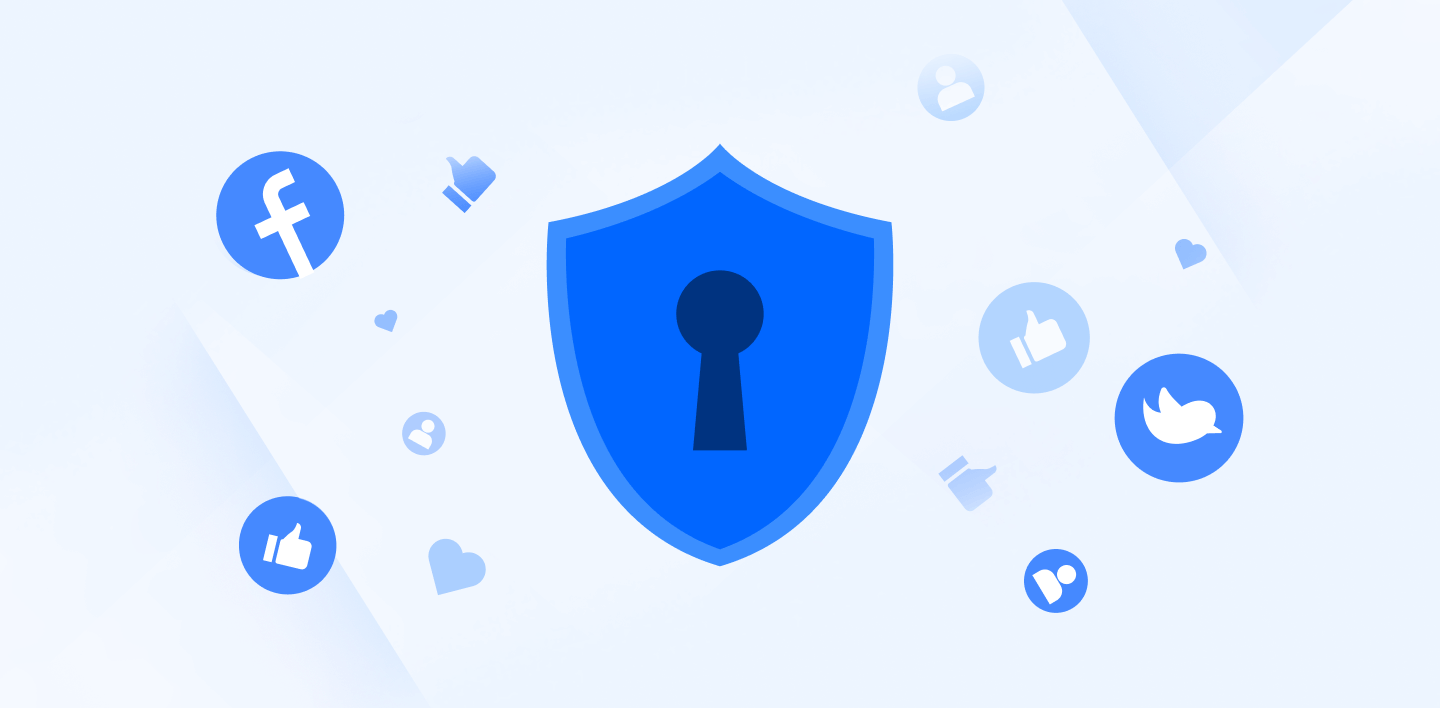
Social media has become an integral part of our lives, enabling us to connect with friends, share experiences, and express ourselves. However, with the increasing reliance on social media platforms, concerns about online privacy and data security have also emerged.
So which social platforms are private and which ones are not? Are there any more private alternatives to the traditional platforms we all know and use?
Here we’ll delve into the topic of social media privacy, exploring the security measures implemented by various platforms to protect user data. By understanding the privacy practices of different social media networks, users can make informed decisions about which platforms offer the highest level of security.
The Importance of Social Media Privacy
Privacy holds immense importance in the context of social media due to the vast amount of personal information we share on these platforms. Our social media profiles often contain details about our lives, relationships, interests, and even our location. Without proper privacy safeguards, this wealth of personal information becomes vulnerable to misuse, data breaches, identity theft, and unwarranted surveillance.
Maintiaining privacy on social media is crucial for safeguarding our individual autonomy, protecting our digital identities, and ensuring control over our personal information. By prioritizing privacy, we can foster a sense of trust and confidence in the digital world, allowing individuals to freely express themselves and connect with others without compromising their personal security.
Protecting Your Privacy on Social Media
In an era where sharing personal information online has become the norm, safeguarding your privacy on social media is of utmost importance. By following these essential tips, you can take control of your digital footprint and protect your personal information from unauthorized access or misuse.
Review and adjust your privacy settings
Most social media platforms offer privacy settings that allow you to control who can see your posts, profile information, and contact details. Take the time to review these settings and customize them according to your comfort level. Consider making your accounts private, limiting the visibility of your posts to friends only, and restricting access to sensitive personal information.
Be mindful of what you share
Think twice before sharing personal information, such as your home address, phone number, or financial details, on social media platforms. Cybercriminals and identity thieves can exploit such information for malicious purposes. Be selective about the content you share and avoid posting sensitive information publicly.
Manage friend lists and connections
Be cautious about accepting friend requests or connection invitations from unknown individuals. Verify the authenticity of the profiles and only connect with people you know and trust. Regularly review your friend lists and remove any suspicious or inactive accounts.
Use strong and unique passwords
Weak passwords can easily be compromised, giving unauthorized access to your social media accounts. Create strong and unique passwords that include a combination of upper and lowercase letters, numbers, and special characters. Consider using a reputable password manager to generate and securely store your passwords.
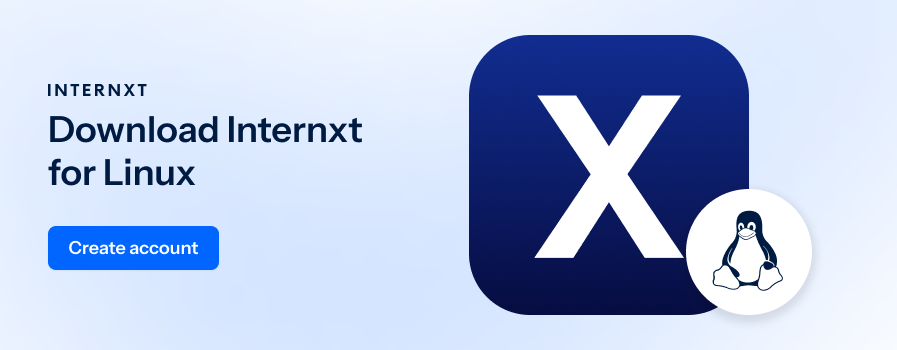
Enable two-factor authentication (2FA)
Two-factor authentication adds an extra layer of security to your social media accounts. By enabling 2FA, you will be required to provide a second verification factor, such as a unique code sent to your mobile device, in addition to your password. This helps protect your accounts even if your password gets compromised.
Be wary of third-party applications
Be cautious when granting permissions to third-party applications that request access to your social media accounts. Review the permissions requested and consider whether the app genuinely requires access to your personal information. Remove access for any apps that you no longer use or trust.
Regularly update and secure your devices
Keep your devices, including smartphones, tablets, and computers, updated with the latest security patches and software updates. Install reliable antivirus software and enable firewalls to protect against malware and unauthorized access.
Exercise caution with public WI-FI
Public Wi-Fi networks can be unsecured, making it easier for hackers to intercept your data. If necessary, use a virtual private network (VPN) to encrypt your internet connection and enhance security.
Avoid logging into your social media accounts or accessing sensitive information when connected to public WI-FI.
Educate Yourself on Privacy Policies
Familiarize yourself with the privacy policies and terms of service of the social media platforms you use. Understand how your data is collected, stored, and shared. Consider platforms that prioritize privacy and data protection, and be aware of any changes in privacy policies that may impact your privacy settings.
Regularly Monitor and Audit Your Accounts
Periodically review your social media accounts for any suspicious activities. Check your account settings, review recent login activities, and monitor your posts and messages. Report any unauthorized access or suspicious behavior to the platform's support team.
By implementing these privacy protection measures, you can enhance your security and maintain better control over your personal information while enjoying the benefits of social media. Remember, being proactive and vigilant in protecting your privacy is crucial in today's digital landscape.
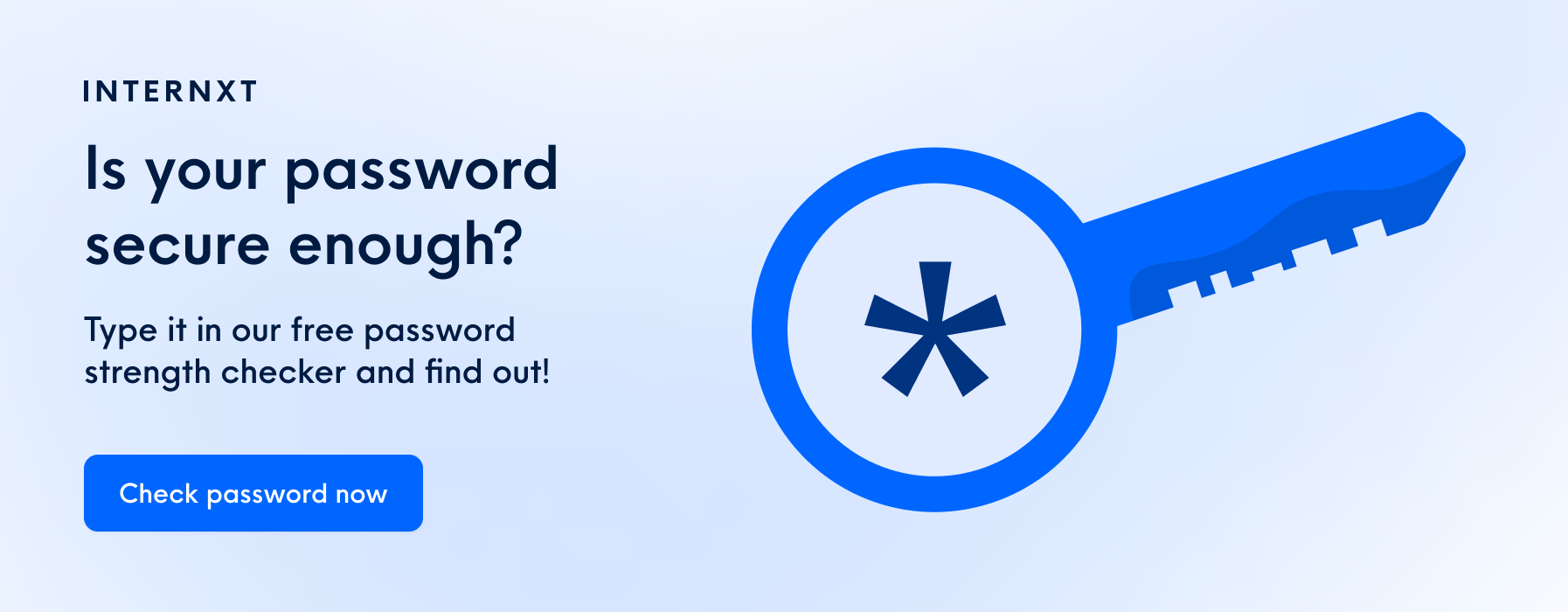
How Private Are The Social Media Platforms You Already Use?
As users of social media platforms, it is essential to understand the level of privacy these platforms offer and the measures they take to protect our personal information. While we may enjoy connecting with friends, sharing photos, and engaging in discussions on these platforms, it's crucial to assess how private our activities truly are.
Below, we will explore the privacy practices of some of the most popular social media platforms, shedding light on the level of privacy they provide and the steps users can take to enhance their personal data security. By gaining insights into the privacy policies and practices of the social media platforms we already use, we can make informed decisions about how to better protect our privacy in the digital realm.
Facebook: Striving for enhanced privacy
Facebook, being the most popular social media platform, has faced numerous privacy controversies in the past. However, in recent years, the company has taken significant steps to enhance user privacy. It introduced features like Privacy Checkup, which allows users to review and adjust their privacy settings easily.
Navigating these privacy considerations often requires specialized expertise, found within a meta marketing agency. Additionally, Facebook offers end-to-end encryption for its Messenger app, providing users with a higher level of security for their private conversations. Despite these efforts, Facebook's privacy track record still warrants caution.
Twitter: Balancing privacy and openness
Twitter has a unique approach to privacy, aiming to strike a balance between protecting user data and maintaining an open platform for public conversations. While Twitter does collect user data for targeted advertising, it allows users to control their privacy settings and opt out of personalized ads.
Moreover, Twitter employs encryption to secure direct messages and has implemented measures to combat abuse and harassment. However, public tweets are generally accessible, which means users should exercise discretion when sharing personal information.
Instagram: Security measures for visual storytelling
As a platform primarily focused on sharing photos and videos, Instagram has implemented several security measures to protect the privacy of 2.3 billion users. It provides users with options to make their accounts private, restricting access to approved followers.
Instagram also offers two-factor authentication, adding an extra layer of security to user accounts. However, it's important to note that while individual posts can be restricted, user profiles, instagram logo and follower lists remain visible to the public.
In addition to visual content and privacy controls, many users enhance their posts with attitude captions for Instagram, using bold, expressive language to reflect personality and make their profiles more engaging.
Snapchat: Privacy by design
Snapchat differentiates itself from other platforms by promoting privacy by design. Its defining feature, disappearing messages, adds an extra layer of privacy. Messages sent through Snapchat automatically disappear after being viewed, reducing the risk of data retention. The platform also notifies users when someone takes a screenshot of their snaps, enhancing privacy control.
However, users should still remain cautious as screenshots can still be taken by third-party apps or devices.
LinkedIn: Focused on professional privacy
LinkedIn, being a professional networking platform, emphasizes privacy and security for its users. It offers robust privacy settings that allow individuals to control the visibility of their profile and personal information.
LinkedIn also employs encryption to safeguard messages exchanged between users. Additionally, the platform takes proactive measures to protect against spam and phishing attempts, ensuring a safer networking environment.
TikTok: Privacy concerns and improvements
TikTok, known for its short-form video content, has faced privacy concerns due to its Chinese ownership and data handling practices. In response, the platform has made efforts to address these issues. It introduced privacy controls allowing users to make their accounts private, control who can comment on their videos, and limit data sharing with third parties.
That said, due to the company’s ownership structure, users should remain cautious about the data TikTok collects and how it may be used.
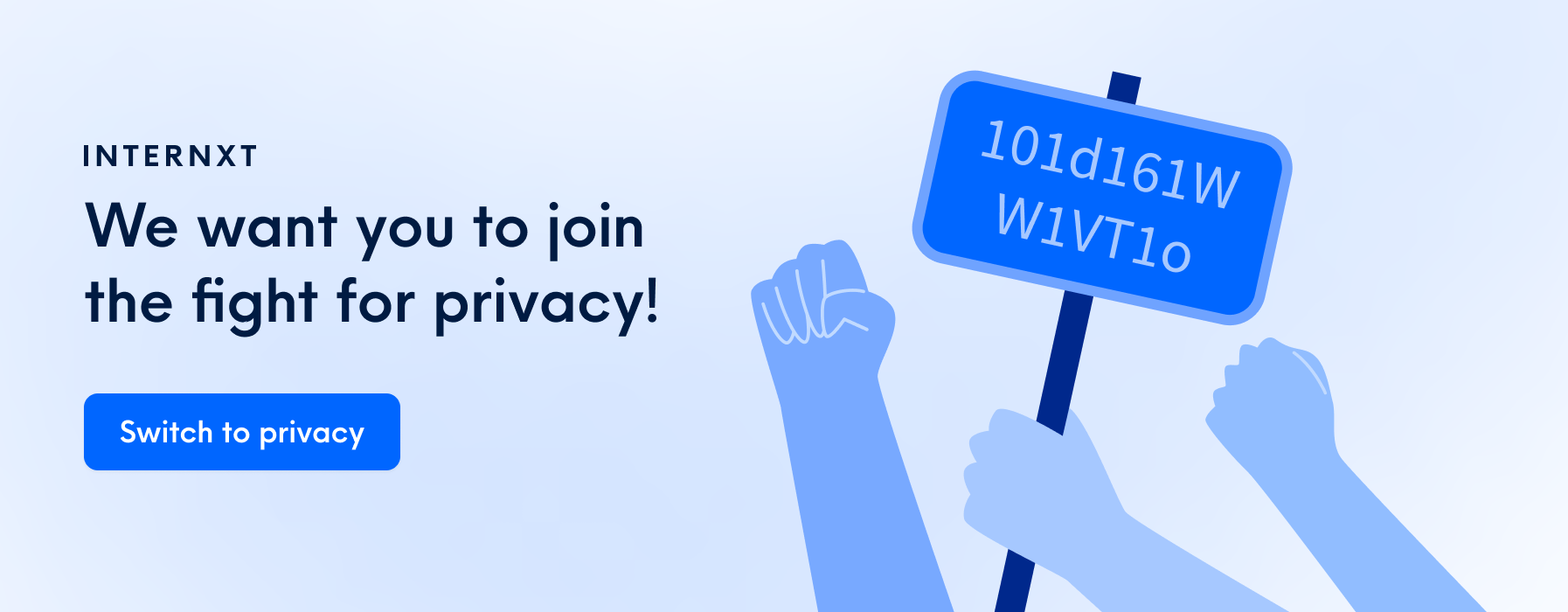
5 Privacy-Focused Social Media Platforms
While no social media platform can guarantee absolute privacy, some platforms prioritize user privacy more than others. Here are five social media platforms known for their emphasis on privacy:
Signal
Signal is a messaging app renowned for its strong commitment to privacy and security. It offers end-to-end encryption for all communication, including text messages, voice calls, and video calls. Signal also minimizes the collection of user data, making it a popular choice among privacy-conscious individuals.
Telegram:
Telegram is another messaging app that focuses on privacy and security. It offers features such as self-destructing messages, end-to-end encryption for secret chats, and the ability to control who can access your profile and messages. Telegram also allows users to opt-out of data sharing with third parties.
Wickr
Wickr is a platform designed for secure messaging, collaboration, and file sharing. It employs end-to-end encryption and allows users to set an expiration time for messages, ensuring they are automatically deleted after a specified period. Wickr also offers additional security features, including secure voice and video calls.
Minds
Minds is a social networking platform that prioritizes user privacy and data ownership. It encrypts private messages, offers anonymous browsing options, and allows users to control the visibility of their content. Minds also rewards users with cryptocurrency for their engagement, providing an alternative revenue model that doesn't rely on targeted advertising.
MeWe
MeWe positions itself as a privacy-focused alternative to mainstream social media platforms. It provides end-to-end encryption for private chats, enables users to customize their privacy settings, and does not display targeted ads. MeWe also pledges not to sell user data to advertisers or third parties.
Remember, while these platforms prioritize privacy, it is essential to understand and review their specific privacy policies and settings to ensure they align with your personal privacy preferences.
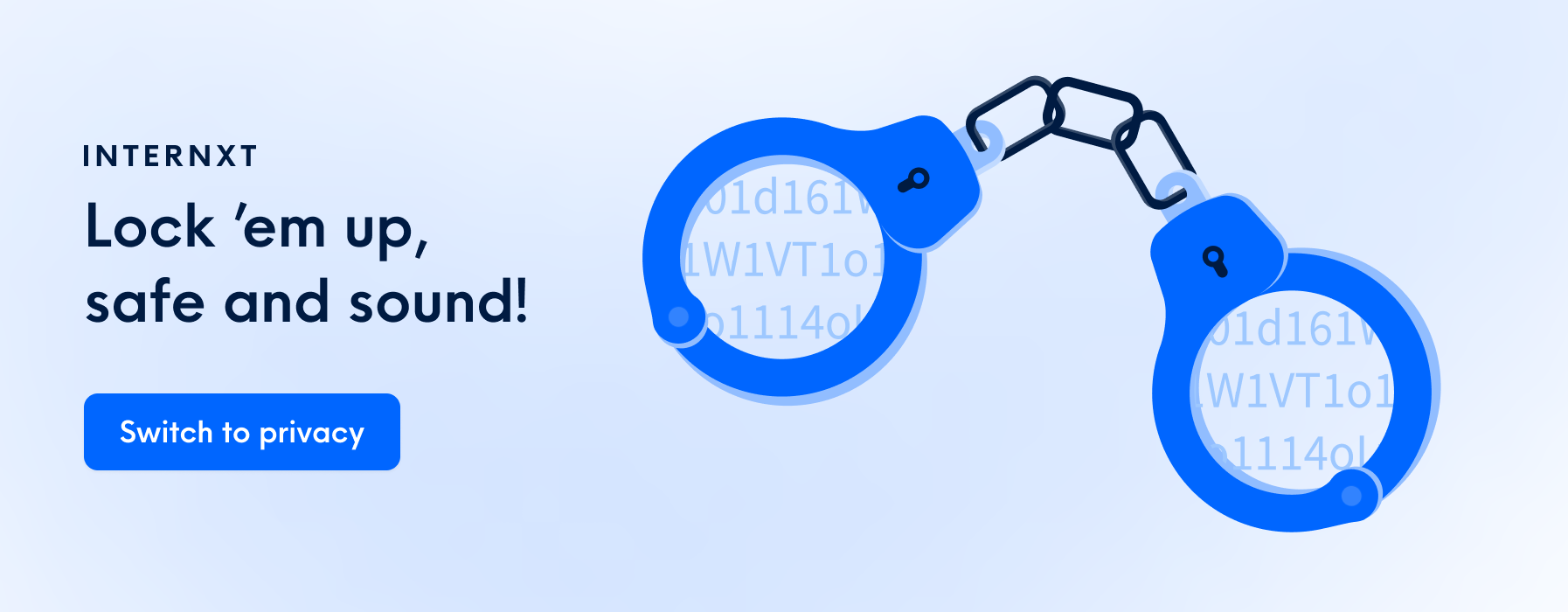
Is Social Media Privacy Even Possible?
When it comes to social media privacy, no platform can offer foolproof protection against all risks.
Only by understanding the privacy measures implemented by different social media networks, users can make informed decisions about which platforms align with their privacy preferences. Facebook has taken significant steps to enhance privacy, while Twitter emphasizes the balance between openness and protection. Instagram and Snapchat provide unique features for controlling the visibility.

